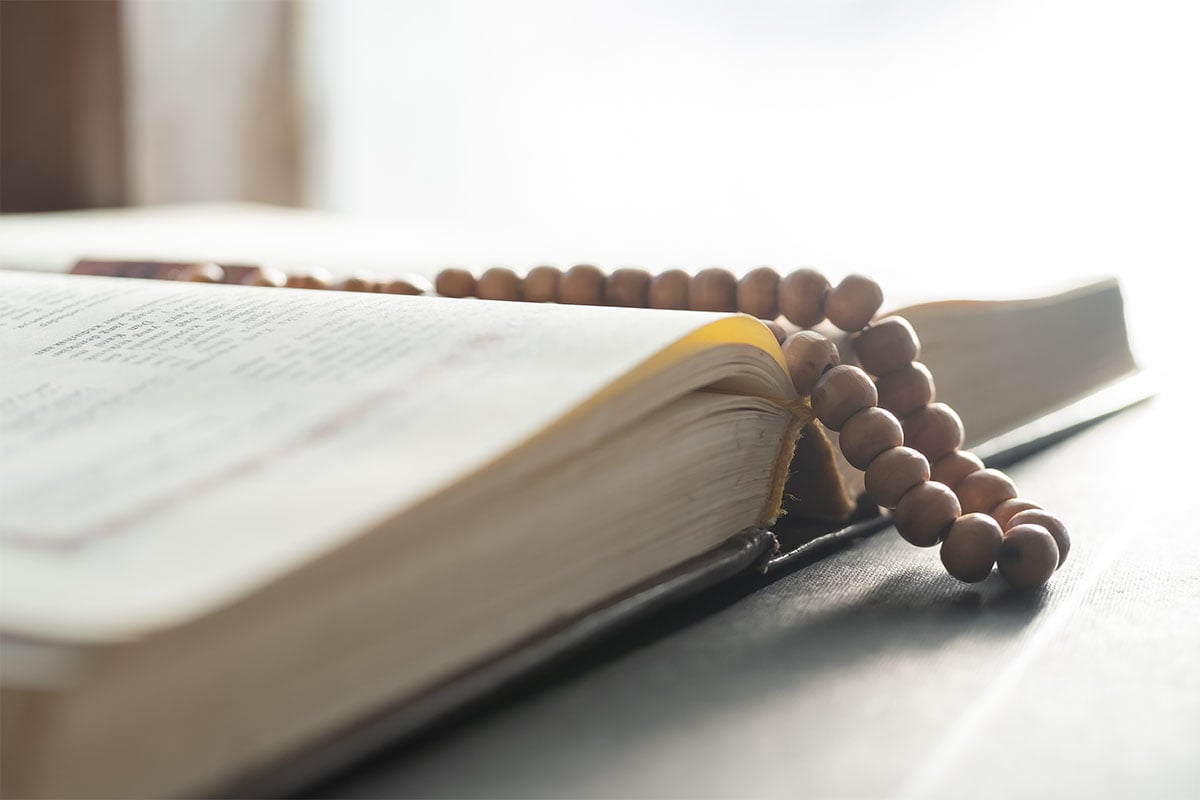“Our Constitution was made only for a moral and religious people. It is wholly inadequate to the government of any other.” — John Adams
Although John Adams’ famous line is more likely to inspire derision than praise today, his sense was quite common among the Founders. Adams and his exceptional peers saw a necessary tension, rather than a contradiction, between faith and freedom, insisting in the founding documents and countless letters that both be upheld.
Yet, as noted by Arizona Supreme Court Justice Clint Bolick and others, defenses of parental choice in education have tended to avoid the religious question. As a matter of prudence, this made sense, but experts now caution that parental choice policy must preserve the freedom and autonomy of religious schools as they welcome students using ESAs or vouchers. Doing so both honors the Founders’ intentions and preserves the distinctiveness and missions of many of our nation’s most excellent K-12 schools.
As Superintendent of Milwaukee’s St. Marcus Lutheran School, Henry Tyson doesn’t hedge when it comes to the school’s mission: “We disciple children for Christ and train them for excellence in their roles in the home, church, community, and nation.” Which is to say that questions of Christian identity are not an aside to their mission. “Our students know that they get their identity from Christ and therefore they have a purpose. The gospel is transformative, and it’s the foundation of how we equip students to be successful.”
Not that every student is immediately successful. When St. Marcus opened their third campus last year, the new school saw higher absentee and tardiness rates than its other campuses. This wasn’t completely unexpected, as Tyson explains, since education embraces the whole family, and when introducing high standards for the first time, often the whole family needs to be brought along with the habits that support higher achievement.
Stephanie Saroki de Garcia, co-founder and managing director of Seton Education Partners, agrees. As leader of fourteen Catholic schools in nine cities nationwide and three virtue-based charter schools in the South Bronx, she wanted to ensure that the families they served—most of whom live below the poverty line—are brought into the educational process. Seton Education Partners’ mission is to expand opportunities for parents in underserved communities to choose an academically excellent, character-rich, and—for those who seek it—vibrantly Catholic education for their children.
The focus on faith, families, and character is key. “Parents love their kids more than we can. And our parents know that their children need to understand there is something greater than themselves—that they are uniquely made and they have a purpose.” So, when it comes to educating for both academics and virtue, the student’s family and their faith must be part of the conversation. For Catholic families, options for a faith-based, in-school education have become extremely limited since the 1960s, when the Church subsidized education by providing clergy and religious sisters and brothers as administrators and teachers.
With the number of Catholic schools a fraction of what it used to be, educators like de Garcia have had to be innovative. One such example is Seton Partners’ Brilla (Spanish for “Shine”) virtue-based charter schools that offer religious instruction only after academic instruction concludes each afternoon. With the support of New York’s archbishop, Cardinal Timothy Dolan, the experiment is working well so far—students are thriving academically, and the schools have seen 214 baptisms in four years.
In addition to agreeing on the need for religious schools to stay true to their missions, both Tyson and de Garcia agree that vouchers and ESAs are a huge step forward, but still not enough. In Milwaukee and across the country, private schools receive a fraction of what government schools receive per student, so private investment is still necessary for schools to be viable for years to come. Tyson mentioned, for example, how many requests they’re receiving to open a high school, but without philanthropic partners, this isn’t yet possible.
Still, both de Garcia and Tyson are encouraged by the wave of parental choice legislation sweeping the nation and will continue to advocate for the protection of religious freedom and identity in any and every case.


